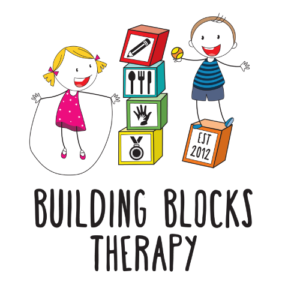Emotions! Everyone experiences them every single day.
Emotional regulation is the ability to manage emotions and behaviour to match the demands of the situation. This includes the ability to calm yourself down when you are upset, resist impulses, adjust to changes and handle frustration in a socially appropriate way. These skills allow children to direct their behaviours towards a goal.
What skills are involved in emotional regulation?
- Identifying specific emotions you are feeling
- Identifying specific emotions in others
- Being able to start and continue to work towards goals even if feeling anxious
- Tolerating awkwardness
- Ability to have intimate conversations
- Staying strong when someone is pressuring you
- Being able to manage your own emotions
- Being able to manage other people’s emotions
- Resisting going over the top with positive emotion
- Delaying gratification
Children begin learning emotional regulation from a very young age. In some children, their emotions are huge, strong and explosive. In others, they have a slow build up before exploding over something small that tipped them over the edge. No matter how our kids experience emotions, it is important that we help them learn to handle their feelings and find ways to express these appropriately.
There are times throughout development where our brains experience emotions more intensely – this is due to hormones! Did you know that the brain experiences these hormones first around the age of 2 (think terrible two’s!), and then again around puberty (and think moody teenagers!)
People often believe that emotional regulation needs to be taught when our kids are young – teach them the strategies early and they will carry these through life. It is definitely important to teach our children how to manage and regulate their emotions early, but it is never too late! Research shows that major changes in the brain occurs during adolescence, and we can support them to develop healthy emotional regulation strategies that they can carry throughout adulthood
How can we help our older kids to develop healthy emotional regulation strategies?
- Modelling specific strategies, they can use such as positive self-talk, meditation, taking a break and exercise, talking about it with a good listener
- Create a safe space to talk and provide a warm, responsive relationship. Talk about what emotions are and what purpose they serve
- Structure the environment where possible. Try not to set them up to fail where there are multiple triggers
- Try to see the world from their point of view – understanding how they feel and why is so powerful
- Use visual supports
- Journaling/drawing
- Develop your own empathy response and use it with them
- Give them the opportunity to practice their new skills and monitor/reinforce progress, even if it is something small
- Teach that positive emotions also need to be regulated not just negative emotions
- Remember not to be dictated by culture/gender bias – the idea that boys shouldn’t cry and girls are more emotional is outdated
If you have any concerns around your child’s emotional regulation development, please do not hesitate to give us a call on 9404 0338 to see if we can help.
Sharni Wright
Occupational Therapist
